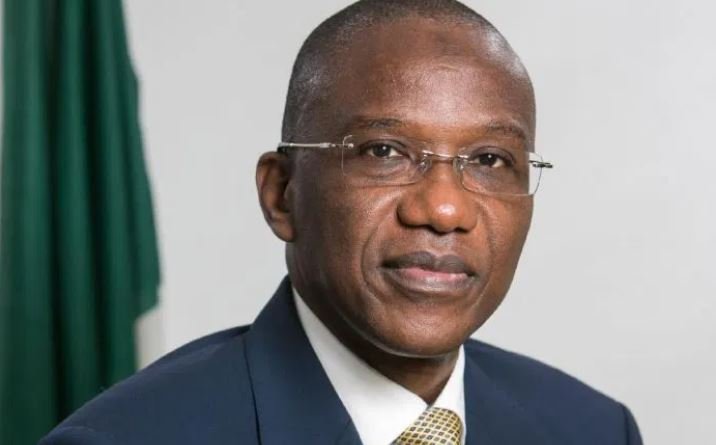FG Urged to declare Power Supply as Matter of National Emergency
By admin
Chairman, Association of Licensed Telecom Operators of Nigeria, Mr. Gbenga Adebayo, has urged the federal government to declare the power supply as a matter of national emergency in order to save nation’s businesses from collapse.
He also appealed to the government to ensure protection of all telecommunications infrastructures in the country so as to boost its operational service delivery.
Adebayo who is also the Chief Executive Officer (CEO) of a privately owned radio station, Royal FM, 95.1 Ilorin, Kwara State, stated this yesterday on the occasion of the 10th year anniversary of the establishment of the radio station.
According to him, the epileptic power supply in the country has become a threat to the growth of the businesses in the country.
Adebayo who said that this ugly development has hindered many businesses to grow especially in the operational duties of radio stations added that, “On many occasions we have been running our radio station on diesel and this is not economical at the end of the day.”
He noted that, “In my radio station, I have five generators that I have been using and these consumed a lot of diesel when the power supply was not available for service.
“Out of the 10 years, for the last six years we have been running generator permanently.
“And this is not good for growth at all because the money being committed to the buying of diesel can be used to invest in another business that can still be useful for the masses.
“It is also worrisome now that, no employment opportunities in public service again and the private investors that are employing people should be encouraged by making sure all the necessary needs that can improve their businesses must be provided.”
While calling on the federal government to declare power supply as a national emergency, Adebayo said that the development would go a long way to stabilise the business activities and improve the economic growth of the nation.
Adebayo who used the occasion to laud the support of the workers of the Royal FM, Ilorin, for their commitment and unalloyed support for the growth of the radio station noted that their support has pushed the radio station into a national pedestal.
He also commended the listeners for their advices and ideas which according to him have continued to serve a tonic towards the development of the station
Adebayo, however, called on the government to protect the telecom infrastructures located across the nation so as to avoid being vandalised by men of the underworld.
He pointed out that the development would also assist the Telecom providers to serve the people of the country and also boost the economic activities of the society.







